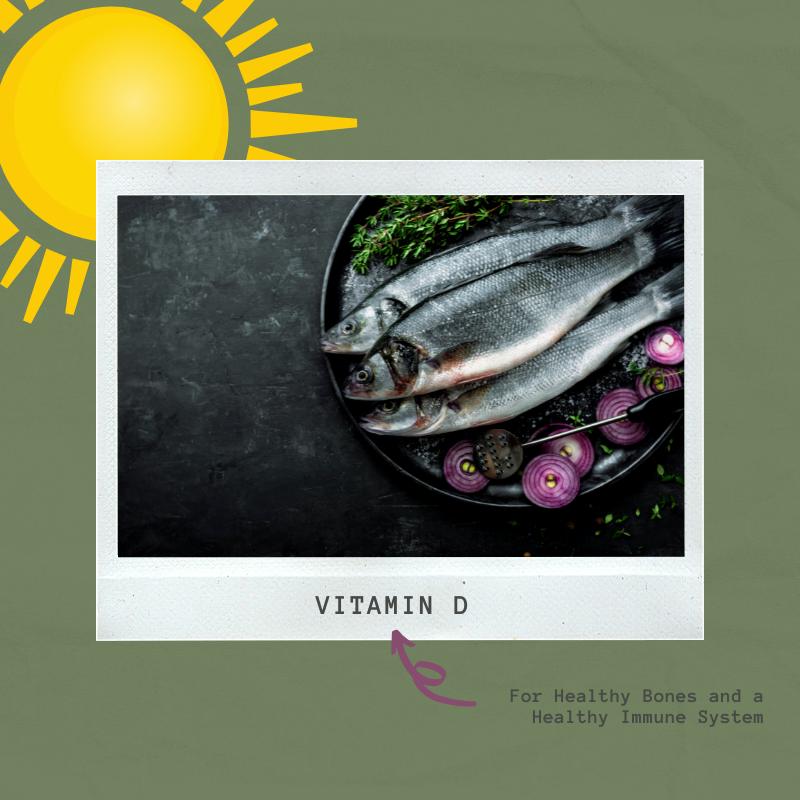
VITAMIN D – courtesy of Karina Paskin, Central To Health’s Clinical Nutritionist
As we all spend more time indoors due to social isolation or the coming of winter and the chill in the air it brings, our Vitamin D levels will begin to deplete. During periods of illness our vitamin D levels can deplete more rapidly as it is utilised by our immune system.
WHY IS IT IMPORTANT?
Vitamin D assists with calcium absorption, helping maintain healthy bones and provide enough calcium in our blood to help our blood vessels and muscles function properly.
Vitamin D also play a major role in immune cell development.
WHERE DO WE GET IT?
Vitamin D is a fat soluble vitamin, meaning we can build up a store of vitamin D to use when we aren’t getting enough from our diet or able to produce our own through sun exposure. Around 15mins of direct sun exposure on average per day is usually enough for adequate levels of vitamin D to be maintained.
Dietary sources of Vitamin D (from highest to lowest) include:
Cod liver oil, trout, salmon, UV grown mushrooms, milk, sardines, fortified milk and cereal products, egg, beef liver, tuna, cheese, regular mushrooms, chicken breast, ground beef.
WHO IS AT RISK OF LOW VITAMIN D?
-Breastfeeding women and infants; the vitamin D stores of the mother have to be shared between her and the growing infant.
-Older adults; older skin is less able to make vitamin D, older people are more likely to spend time indoors
-People with limited sun exposure; those who spend a lot of time indoors, wear covering clothing often or those who avoid the sun
-People with darker skin; the increase in melanin (the cells that give skin it’s colour) can reduce the skins ability to make vitamin D
-People with fat absorption issues such as IBD or coeliac disease; as vitamin D is fat soluble, those with reduced fat absorption have a reduced ability to absorb dietary fat
-Australians; we have very strong sun-safe messaging due to the hole in the ozone layer above Australia that increases the UV radiation exposure.
-People with type 1 skin (light hair and eyes) as they burn in the sun very quickly due to the lack of melanin in their skin.
Vitamin D levels can be tested as part of a routine blood test. If you’re concerned that your vitD level might be low, or would like some advice around how to safely supplement vit D, get in touch with me today karina@nutritionproject.com.au
